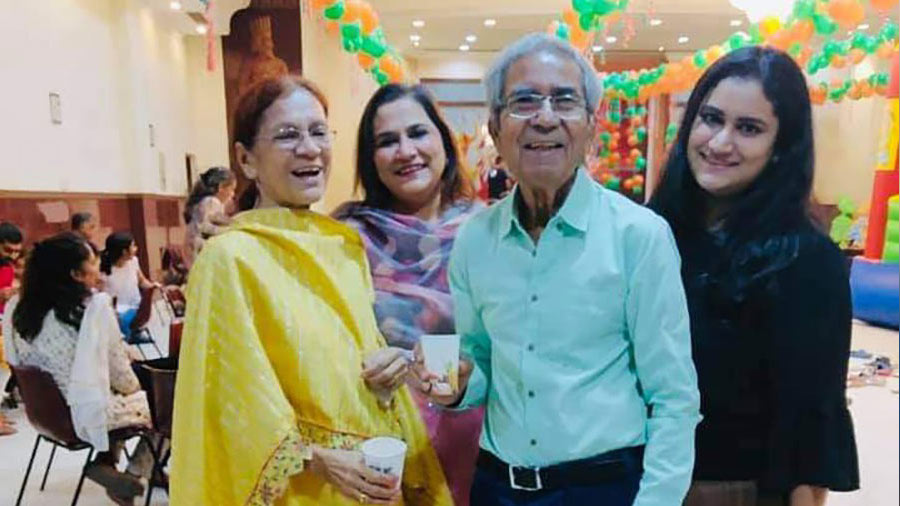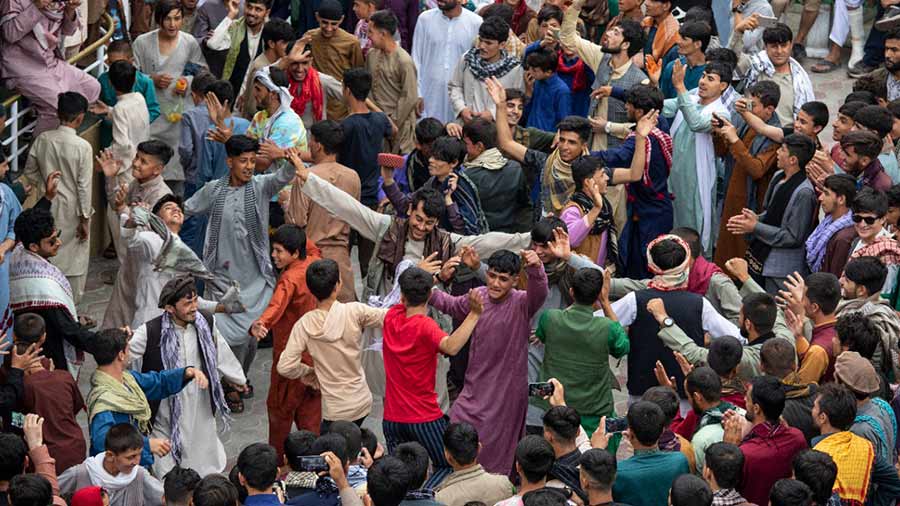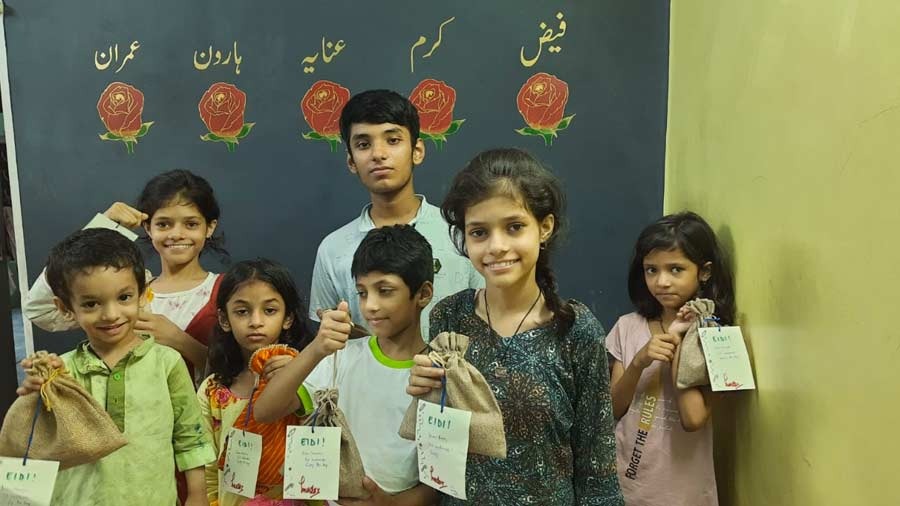On the eve of Eid-al-Adha, the festival of sacrifice, as we wait to break our fast, the Ali sisters, as we like to call ourselves, always come together, whether it’s on our WhatsApp group or in one of our homes, and the conversations are always about the days that were. About the days before we were married and in the same city, and how we’d always be excited about Eid, be it Eid-ul-Fitr or Eid-al-Adha.
My mother would always make it a point to remind us, and still does, that it is a day of giving and forgiving, a day to share and a day to remember Prophet Ibrahim’s devotion to Allah SWT and his readiness to sacrifice his son, Ismail. At the very point of sacrifice, Allah SWT replaced Ismail with a ram, which was to be slaughtered in place of his son. This command from Allah SWT was a test of Prophet Ibrahim’s willingness and commitment to obey his Lord’s command, without question.
There are two key Eids in Islam: Eid-ul-Fitr, which signifies the completion of the holy month of Ramadan; and Eid-ul-Adha, the greater Eid, which follows the completion of the annual Hajj pilgrimage, at the time of qurbani (sacrifice). Although Eid-ul-Adha has no direct relation to the Hajj pilgrimage, it is but a day after the completion of Hajj and therefore has significance in time.
As children, we were obviously always more excited about Eid-ul-Fitr, because we would get Eidi from all the elders, some of whom were old and would forget that we’d already collected our share and give us more.
But as we grew up, we understood Eid-al-Adha’s significance and how much it meant to the people who would come to our doorstep, waiting to be given their share of meat, organs, innards or skin; every part of the sacrifice is used or donated in some way or another. You see, the sacrifice is divided into three equal portions per share; one-third is for you and your family, one-third is for friends, and the final third is to be donated to those in need.
Our share is then further divided. Most of it we cook on the day itself, because there have always been relatives, friends and even acquaintances who come over to meet and distribute gosht. Our day usually starts with a quick kaleji bhuna, which my sister whips up with expertise, eaten with rotis, and there is tons of mithai, fruits, dry fruits and sewai and there is always chai, waiting to be served.
Whichever Eid it might be, lunch is always at my chachi’s (father’s brother’s wife) place, where she serves some amazing biryani, chaap, paratha, shaami kebabs along with ‘salaad’ and raita.
Believe me, when I tell you, after all that food, we’ll be caught napping for a minimum of two hours if you happen to land up at our place. It’s needed, since we have to be at my parents’ or sisters’ place for dinner, where we find more mouth-watering food waiting for us.

‘This is the second Eid-al-Adha that we’re celebrating without our father Akhtar Ali,’ says Zareen (far right), in picture with her parents and sister Nilofer Courtesy: Zareen Ali Desai
Since the festival date follows the moon, it shifts approximately 10 days every year, so when Bakri-Eid used to happen in the winters, there used to be grand barbecues and you wouldn’t find chicken or fish on the menu, no matter how hard you looked.
This year is the second Eid-al-Adha that we’re celebrating without our father Akhtar Ali, who used to shower us with gifts and no matter what other plans he had, he had to see us and wish us and share a meal with us and that is the memory of him on Eid that I will forever keep with me. I am not a religious person, but Eid has always been about family and getting together without hang-ups and judgment.
Eid-al-Adha Mubarak to all of you.
Zareen (Ali) Desai is the younger daughter of late Syed Akhtar Ali, former national and Davis Cup coach of India. Zareen owns and runs Zee's Coffeeshop on Mayfair Road in Ballygunge, Kolkata, and is a partner at Bagan Farm.

